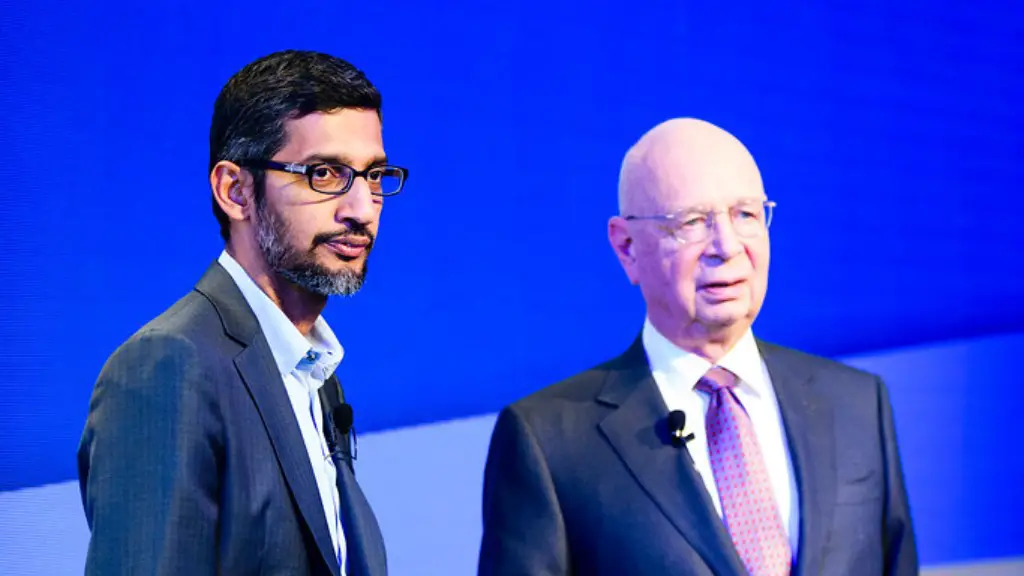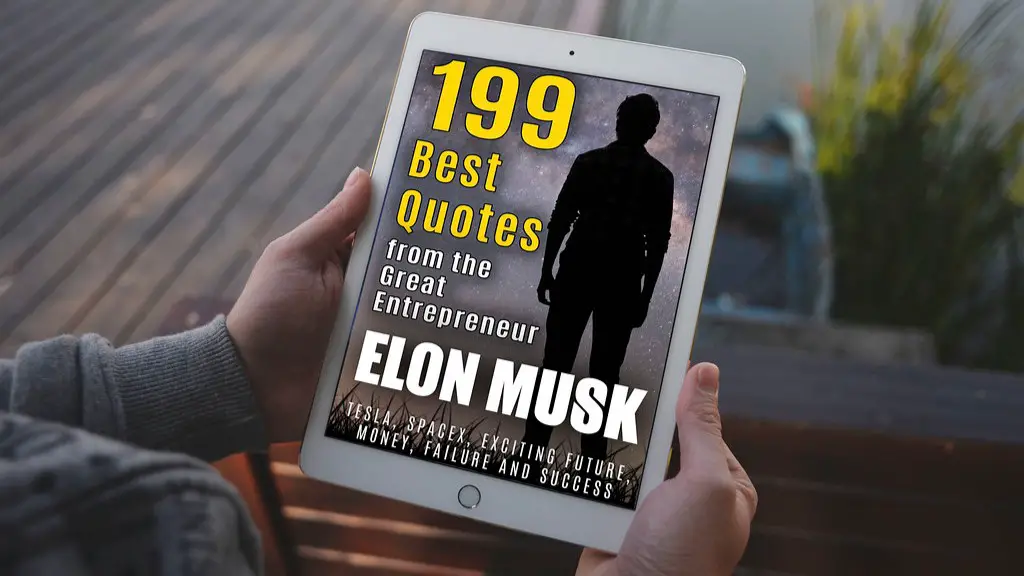Did Mark Zuckerberg Lose to Eduardo?
The turbulence between Facebook co-founders, Mark Zuckerberg and Eduardo Saverin dates back to the infancy of the company and has now been popularized through the The Social Network, a Sony Pictures Entertainment movie released in 2010.
It all began when Zuckerberg, Saverin and two other Harvard students, Dustin Moskovitz and Chris Hughes, established the platform to connect Harvard students in 2004. Saverin, who was the original Chief Financial Officer (CFO), gradually watched his role diminish as Zuckerberg’s power within the company increased.
In the early days of Facebook, Zuckerberg and Saverin had negotiated a deal with each other, outside of the standard corporate legal documents, about how stock would be divided amongst them in the case ofFacebook’sliquidation. After going on record to say that Saverin would receive 30% of the company if it sold, Facebook’s legal counsel failed to include this provision because it “lacked mutual consideration.”
To add fuel to the fire, at some point in 2005, Saverin’s responsibilities at the company were reduced and then later in the year he was excluded altogether as a result of legal agreements signed with Napster and PayPal founder, Peter Thiel.
Despite the efforts ofFacebook’s legal team at the time, Saverin felt betrayed and so he filed a suit against Zuckerberg in state court over breach of fiduciary obligations, in 2008. He sought an unprecedented 50% share of the company plus punitive damages.
Before the case was firmly established, senators were acting on Saverin’s behalf, proposing theSaverin Actto punish those who renounce their citizenship for tax avoidance. However, the case was ultimately settled out of court for an undisclosed sum, in September 2009.
Today, Saverin’s stake in Facebook is reported to be between 3%-4%. Despite Zuckerberg obtaining the lion’s share of the company’s stock, Saverin is worth around $11.6 billion according to Forbes’Real Time Net Worth.
Financial Battle
As the numbers show, the battle between Zuckerberg and Saverin escalated far beyond a minor squabble. Reportedly, Facebook had to raise more than $500 million to pay for litigation costs and because of the company’s additional need for capital, it increased the founders dilution.
Unlike Zuckerberg, who has managed to hold onto his 20% voting stake in the company, Saverin’s votingrights have been diluted. Reports suggest that Saverin can no longer be perceived as a co-founder, as he holds no authority in the company and no company board seat.
Despite this, Saverin has stood his ground since he accepted the settlement, becoming a high-profile venture capitalist who holds a major stake in Facebook and other Silicon Valley tech startups. Moreover, Saverin reportedly advised Facebook on the structure and terms of their 2012 merger with Zoe Acquisition Corp.
Many experts agree that despite its initial outcome, the suit marked a decisive victory for Saverin in the long run as he sealed his financial success by cashing in hisstock, generating several billions of dollars. Meanwhile, Zuckerberg faced reductions in his stock ownership and his ability to control the company.
Impact on Zuckerberg
Whilst no-one will ever truly know how badly the dispute between Zuckerberg and Saverin affected the former’s career, experts agree that it obviously played a huge role in shaping current events.
Many believe that the lawsuit scared Zuckerberg, prompting him to limit the access of early Facebook investors and advisors to the company’s voting rights, supposedly to avoid similar situations arising.
As a consequence, Zuckerberg outlined a voting stock arrangement that made it virtually impossible forhim to ever be forced out. Thus, he created an extremely rare dual-class stock structure, in which investors only receive non- voting shares when they purchase stock in public markets.
This move was heavily criticized by the investment community, but regardless of the public opinion, Zuckerberg was determined to have full control over the company he had created. This bold decision enabled him to remain CEO and Chairman despite continuing resistance from board members and shareholders.
Settlement on the Table
The overall agreement between the two co-founders reveals quite a different picture than the one described in The Social Network. Despite reports showcasing Saverin as a victim of Zuckerberg’s ambition, experts contend that the billionaire benefitted from the agreement.
Not only did he latch on to the IPO, but he received sensible advisory fees and stock options that the company awarded him, in addition to the actual settlement. Even so, Saverin responded in kind to all the investment opportunities granted, proving to be a loyal investor and supporter of Zuckerberg.
Moreover, Saverin never shied away from defending Zuckerberg in public, often praising his achievements and describing him as a “sui generis” intellect.
Despite the obvious benefits of the settlement, Saverin still claims that the episode has forever altered his life.
Winning or Losing?
The truth is, there is no black and white answer to this question. In terms of monetary terms, Saverin won the battle, as he has billions of dollars to prove it.
The real value of the episode goes beyond cash and ultimately speaks to the importance of authentic business relationships. Despitebeing a crucial fragment of Facebook’s success story, Saverin ultimately learned the hard way that relationships can be impaired. Moreover, he was denied the recognition he deserved for the monumental effort he put into growing the company.
Questions Remain
What transpired between Zuckerberg and Saverin will remain a subject of discussion and speculation. Although the settlement is not public, general consensus suggests that Zuckerberg won the legal battle but at a great price.
An interesting conclusion to consider is the idea that Zuckerberg didn’t necessarily win the battle;he effectively survived it. The magnitude of the case and its consequences compelled Zuckerberg to adjust his strategy and learn extraordinarily fast.
It can be argued that this challenge marked a turning point in his career that sparked a whole new era of growth and success. Ultimately, Zuckerberg may have not won the battle but he survived it and managed to turn it into a massive business opportunity.
The Consequences of Change
Zuckerberg’s business savvy and negotiation skills emboldened him to turn the tide of the legal battle and use it to his company’s advantage. Forced to instill a sense of order in the company, Zuckerberg juxtaposed his Silicon Valley entrepreneurship and Harvard Law expertise.
In order to make sure that not only his interests but those of the entire company were served, Zuckerberg decided to take the ultimate step forward and take full control of Facebook, in spite of the legal and public outcry.
This decision, whatever the initial outcome may be, allowed Zuckerberg to develop and master the art of negotiation and secure a substantial personal wealth that some experts estimate to be around $18 billion.
Master Negotiator
Mark Zuckerberg’s battle with Eduardo Saverin taught him not only the power of negotiation but how to become one of the greatest negotiators of our time. By rising to the challenge and understanding that business takes precedence over friendship, Zuckerberg was able to navigate the legal system and surpass the hurdles posed by the case.
Ultimately, Zuckerberg’s career serves as an astonishing example of timeless negotiation and business tactics. He understood that legal complications should not be taken lightly and instead of stalling and hesitating, he used the disagreements to his advantage.
It remains to be seen whether or not it was a win-win situation, as it can be argued that while Saverin holds a considerable fortune, Zuckerberg stands as one of the most successful businessmen of our time and as a master negotiator.



